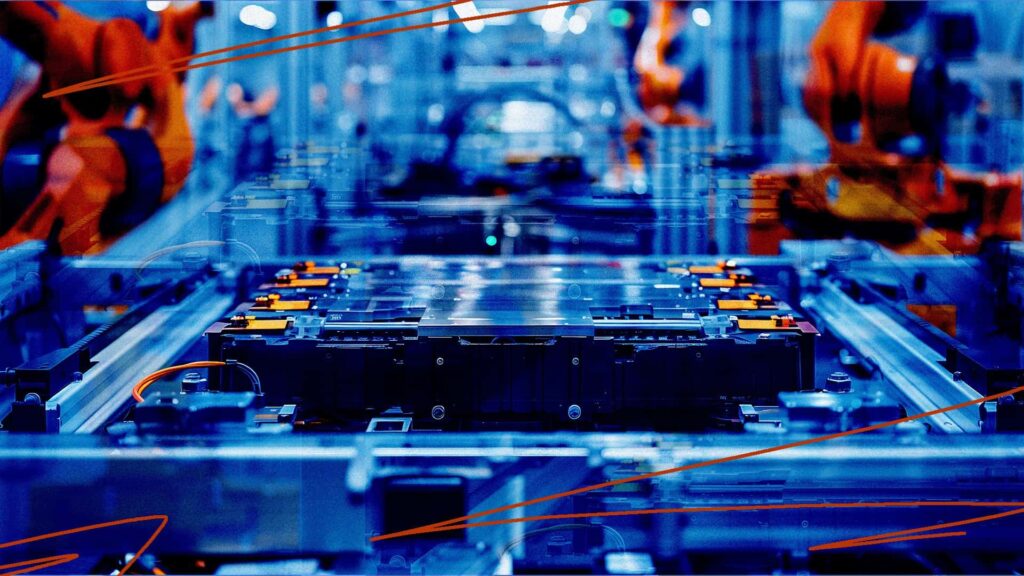Solid-state batteries have been hailed as a game-changer for electric vehicles for almost two decades. They promise to eliminate range anxiety, reduce charging times, and make electric cars as practical and convenient as gas-powered ones, all while reducing harmful emissions. However, the road to commercialization has been slow, with companies facing challenges in scalability and mass production.
Experts suggest that solid-state batteries are closer than ever to powering EVs, but the build-out process is expected to be gradual. Semi-solid-state batteries are set to enter the market first, serving as a transitional technology before fully solid-state packs become widely available. Companies like Factorial are at the forefront of this innovation, partnering with major automakers to bring solid-state batteries to life.
The technology behind solid-state batteries involves replacing the traditional liquid electrolyte with a solid one, typically made of polymer, sulfides, or oxides. This switch offers advantages such as higher energy density, faster charging, improved safety, and better thermal stability. These benefits could address common issues with EVs, such as range losses in extreme temperatures and fire risks.
Factorial recently unveiled its Solstice all-solid-state battery, boasting a breakthrough energy density of 450 watt-hours per kilogram. Mass-manufacturing these batteries, however, presents a significant challenge due to the need for new production processes and infrastructure. Factorial’s proprietary dry cathode coating process, which eliminates toxic slurry, is a step towards more sustainable and cost-effective battery production.
The company claims that its energy-dense packs can deliver a driving range of over 600 miles, along with significant weight savings. Semi-solid-state batteries have already made their way into the Chinese market, with impressive range achievements. Stellantis plans to introduce a demonstration fleet of Dodge Charger Daytona vehicles equipped with Factorial’s quasi-solid-state batteries, offering higher energy density than current industry standards.
Overall, solid-state batteries hold immense potential for revolutionizing the EV industry, with the capability to deliver higher performance, longer range, and reduced weight. While challenges remain in scaling up production and optimizing manufacturing processes, companies like Factorial are pushing the boundaries of innovation to bring this technology to the mainstream. The future of electric vehicles looks promising with the advancement of solid-state batteries.

